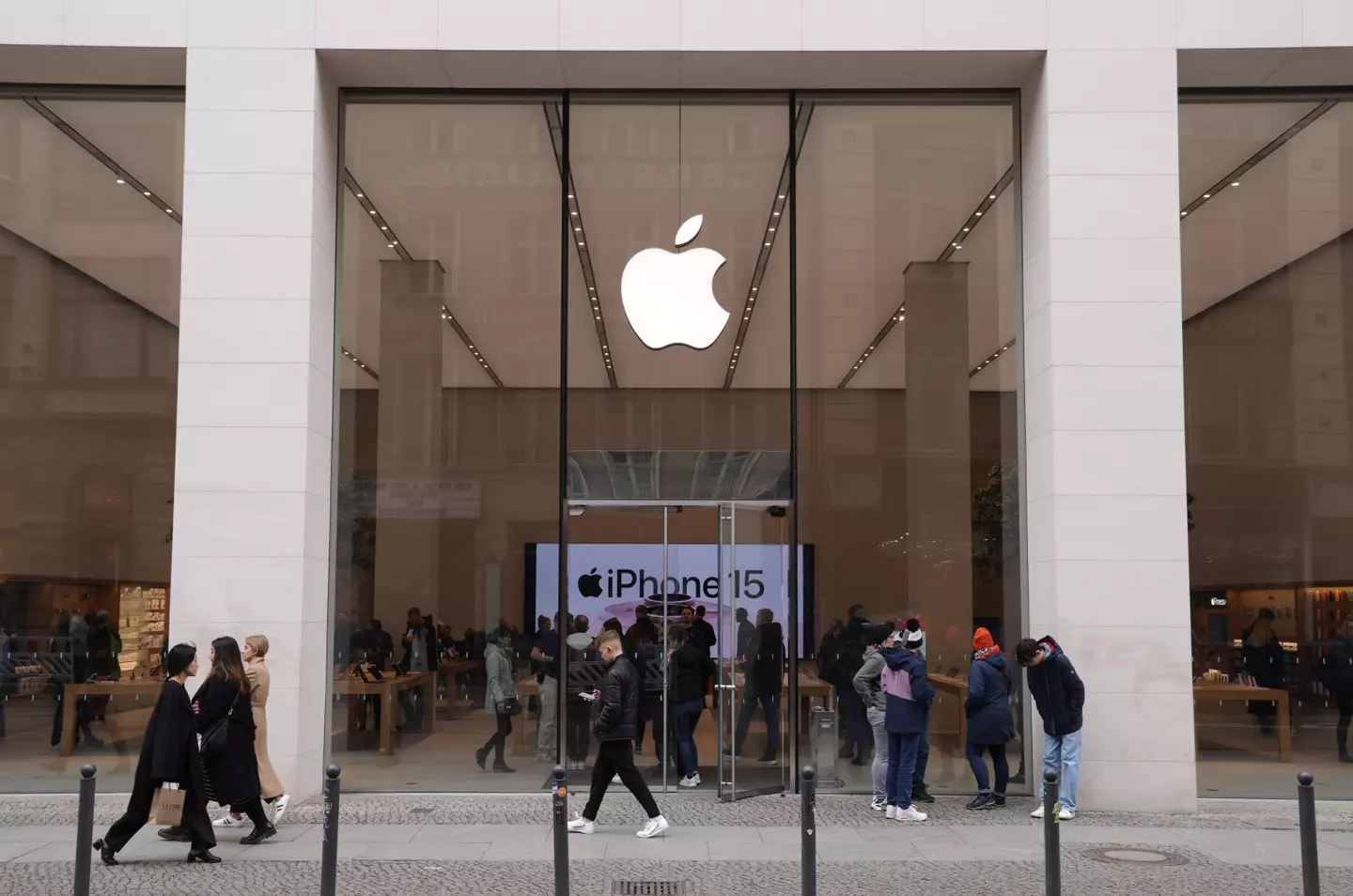
Two men scammed Apple by tricking the company into sending them thousands of iPhones.
Haotian Sun, a Chinese national living in Baltimore, and Pengfei Xue, also a Chinese national who moved to Germantown, Md., managed to trick Apple into thinking the iPhones were real and worth $2.5 million.
The 'sophisticated' scheme ran between 2017 and 2019, according to the Justice Department.
Sun was sentenced to 57 months in prison and was ordered to pay more than $1 million in restitution.
Advert
Meanwhile, Xue was given a 54-month sentence and has to pay $397,800 back to the tech giant.
.jpg)
Over the course of two years, the two men and their co-conspirators shipped 6,000 counterfeit iPhones from Hong Kong to Apple.
Each iPhone had a fake serial number and was sent to Apple stores and licensed service providers.
Advert
According to postal inspector Stephen Cohen, the men were caught after an Apple tipster notified the police.
Law enforcement intercepted packages and confirmed that thousands of counterfeit phones were being sent from China.
Apple offers a one-year warranty for iPhones when users return them for repairs. But Sun and Xue shipped phones that were either out of warranty or had counterfeit parts.
As a result, Apple replaced dozens of illegitimate phones that were fraudulently returned in one shipment.
Advert

To cover their tracks, the two men used different aliases, fake identities and set up new mailboxes, making it look like Apple wasn’t getting returns from the same person and look as legit as possible.
It worked - for a while.
When federal agents started intercepting the packages, they were able to trace the addresses back to Sun and Xue and found thousands of counterfeit iPhones circulating in the country.
Advert
"They returned phones under the false pretense that the suspected counterfeit phones were under warranty and should be replaced due to malfunction or other reason," according to the court documents.
"Apple, wrongly believing that the person submitting the replacement request was entitled to a replacement, responded by providing a new iPhone either in person at an Apple retail store or by shipping a new iPhone to addresses provided by the conspirators."
Interestingly, they didn't arrest the men right away. Instead, Cohen said they wrote down serial numbers of every phone in every intercepted package and 'allowed the shipments to be delivered to their intended recipients.'
With this, they were able to trace shipments and catch the culprits.
Advert
Then, they gave Apple the serial numbers, and the company provided them with the names, addresses, and email addresses used to process the returns.
The investigators found that Sun submitted more than 1,000 repair requests using several email addresses.